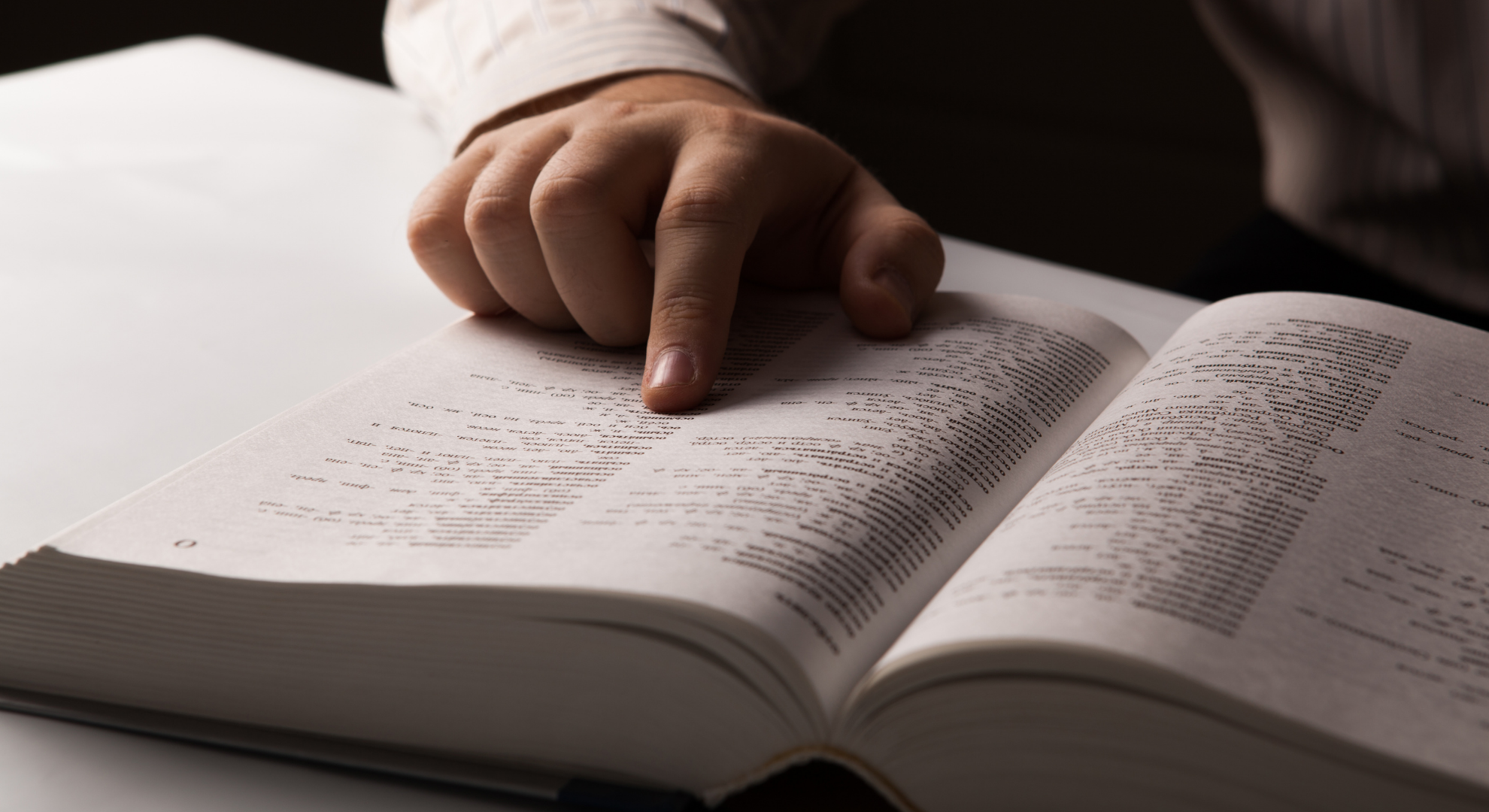They sat for decades in hallway cupboards and kitchen drawers, used and forgotten.
Flimsy covers, thin pages, hundreds of numbers for people and businesses that may no longer exist. Yet in one New Zealand town, those once‑ordinary phonebooks are now selling for hundreds of dollars to collectors — and most locals had no idea.
From doorstep delivery to dusty shelf
Before smartphones and online directories, the annual phonebook was a fixture in every household.
In small towns, it wasn’t just a list of numbers; it was a snapshot of the community — shop names, home addresses, advertisements from local tradespeople. For generations, people flipped through them daily without thinking twice.
But in the past few years, phonebooks from the Otago town of Arrowtown have been quietly appearing on online auction sites, fetching prices that would have seemed absurd when they were first printed. Some editions from the 1960s and 1970s have sold for $200 or more, depending on their condition and year.
“I found one in my late father’s shed,” says Mark, a lifelong resident.
“I almost tossed it in the recycling, but a friend told me to check online. I couldn’t believe what it was worth.”
Why Arrowtown’s editions are so valuable
Arrowtown’s phonebooks are sought after for a mix of reasons:
- Historic names: Many of the surnames listed are from pioneering families still known in the area today.
- Gold rush heritage: Collectors of New Zealand’s mining history see them as authentic community records.
- Advertising artwork: The older books feature hand‑drawn ads for hotels, tailors, and general stores that no longer exist.
- Small print runs: Being a small town, fewer copies were made each year, making surviving editions rarer.
According to local antique dealers, interest spiked during the pandemic when people began decluttering and rediscovering long‑stored items. That’s when more sellers — and buyers — started looking closely at everyday paper relics.
A paper time capsule
Flipping through one of these vintage books is like stepping into another era.
There are no postcodes in the early editions. Some addresses simply read “near the bridge” or “opposite the post office.” Emergency numbers list the local constable’s home phone. And in the classified section, you might see listings for blacksmiths, dressmakers, and even horse‑and‑cart services.
For genealogists and historians, these details are gold. For locals, they’re a reminder of just how much — and how quickly — life in Arrowtown has changed.
“It’s not just a phonebook, it’s a roll call of who we were,” says Fiona, who runs a small vintage shop in town.
“It’s all there — the people, the businesses, the way we described ourselves.”
The collector’s market
While phonebooks from bigger cities like Auckland or Wellington do appear in second‑hand shops, they don’t usually command the same prices.
Arrowtown’s editions have a niche but passionate buyer base, including:
- Local history enthusiasts
- Former residents now living overseas
- Collectors of print advertising
- People searching for family names and connections
One recent auction saw a near‑mint 1972 Arrowtown directory sell for $320 after a bidding war between two overseas buyers. Another lot — three slightly worn editions from the early 1980s — went for $150 within 24 hours of being listed.
What affects value?
| Factor | Impact on Price |
|---|---|
| Condition (no tears, stains) | High value boost |
| Year (older = rarer) | Often more expensive |
| Local ads intact | Attracts ad collectors |
| Complete pages | Missing pages lower value |
Should you check your shelves?
If you live in Arrowtown — or have relatives who did — it may be worth digging through boxes in the attic. Even if your old phonebook is faded or worn, there could be a buyer willing to pay for it.
But locals warn against parting with them too quickly. Once gone, they’re almost impossible to replace.
“They’re part of our story,” says Fiona. “Once you sell it, you’ve sold a little piece of Arrowtown history.”
